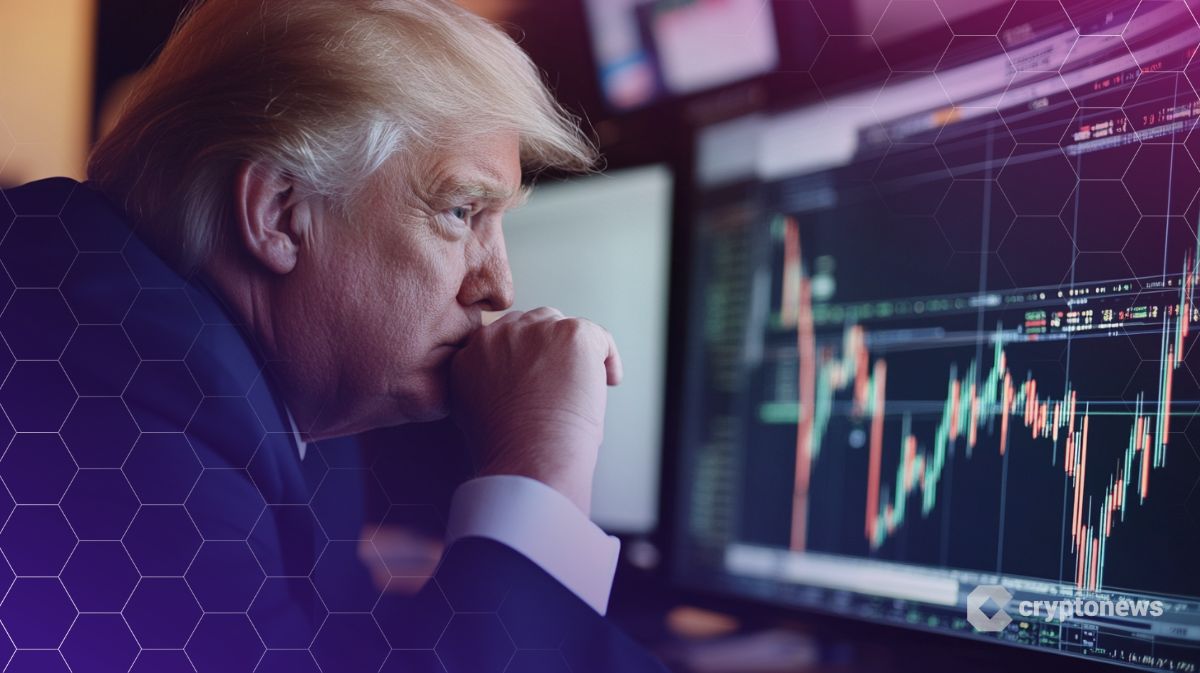Visa expands settlement platform with Stellar and Avalanche, adds PYUSD, USDG, and EURC stablecoins
Visa has expanded its stablecoin settlement platform by adding two new blockchains and three stablecoins, including the newly approved USDG in Europe, to support faster and more flexible digital payments.
- Visa now supports four blockchains: Ethereum, Solana, Stellar, and Avalanche.
- Three new stablecoins added: PayPal USD (PYUSD), Global Dollar (USDG), and euro-backed EURC.
- The expansion supports Visa’s strategy to build a multi-chain, multi-currency foundation for interoperable global payments.
Visa has expanded its stablecoin settlement platform, adding support for two additional blockchains and three new stablecoins.
The global payments firm has now integrated Stellar (XLM) and Avalanche (AVAX) alongside its existing support for Ethereum (ETH) and Solana (SOL), bringing the total number of supported networks to four.
On the stablecoin front, PayPal USD (PYUSD) and Global Dollar (USDG) have been added via a partnership with blockchain infrastructure provider Paxos. Visa has also introduced support for EURC, a euro-backed stablecoin issued by Circle, enabling settlement in both U.S. dollars and euros.
Notably, the addition of USDG comes just weeks after Paxos officially launched the stablecoin in the European Union under the region’s new MiCA regulatory framework.
“Visa is building a multi-coin and multi-chain foundation to help meet the needs of our partners worldwide,” said Rubail Birwadker, Global Head of Growth Products and Strategic Partnerships, Visa. “We believe that when stablecoins are trusted, scalable and interoperable, they can fundamentally transform how money moves around the world.”
The update arrives amid growing interest in stablecoins from payment providers, fintech firms, and banks aiming to streamline cross-border transactions. Visa entered the stablecoin arena early, initiating settlement experiments with USD Coin (USDC) in 2020. In 2024, the payments giant launched a tokenization platform designed to help financial institutions issue their own tokens and stablecoins.
You May Also Like

Banks Could Face Fines for ‘De-Banking’ Crypto Firms Under White House Order: Report

Chaos Labs: Aave's $4.7 billion exposure to Ethena could trigger a "liquidity crunch"
